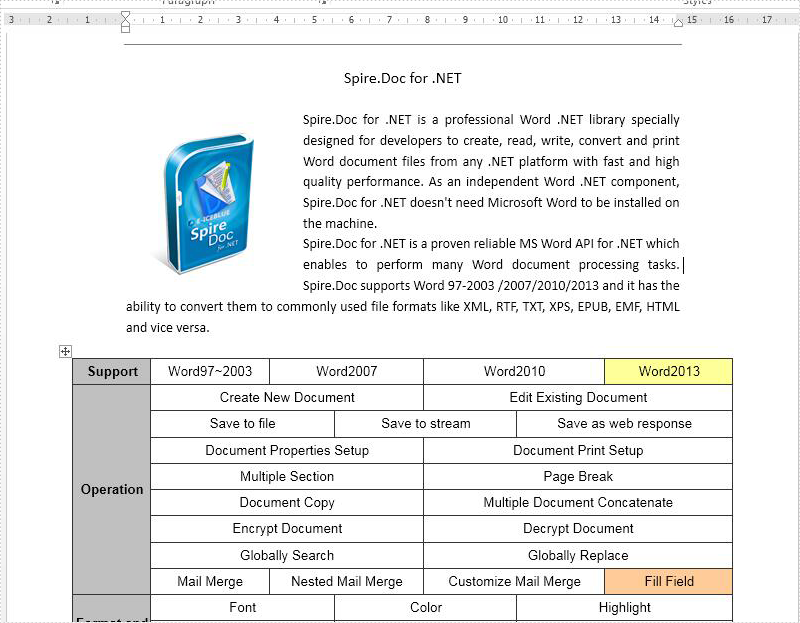- Get Word Out Of Safe Mode
- Get Words From Letters
- How To Get Word Count On Google Docs
- Buy Microsoft Word 2016
c. 1200, from Old Norse geta (past tense gatum, past participle getenn) 'to obtain, reach; to be able to; to beget; to learn; to be pleased with,' a word of very broad meaning, often used almost as an auxilliary verb, also frequently in phrases (such as geta rett 'to guess right'). This is from Proto-Germanic *getan (source also of Old Swedish gissa 'to guess,' literally 'to try to get'), from PIE root *ghend- 'to seize, take.'
Old English, as well as Dutch and Frisian, had the verb almost exclusively in compounds (such as begietan, 'to beget;' forgietan 'to forget'). Vestiges of an Old English cognate *gietan remain obliquely in modern past participle gotten and original past tense gat, also Biblical begat.
Get Word Out Of Safe Mode
In compound phrases with have and had it is grammatically redundant, but often usefully indicates possession, obligation, or necessity, or gives emphasis. The word and phrases built on it take up 29 columns in the OED 2nd edition; Century Dictionary lists seven distinct senses for to get up.
'I GOT on Horseback within ten Minutes after I received your Letter. When I GOT to Canterbury I GOT a Chaise for Town. But I GOT wet through before I GOT to Canterbury, and I HAVE GOT such a Cold as I shall not be able to GET rid of in a Hurry. I GOT to the Treasury about Noon, but first of all I GOT shaved and drest. I soon GOT into the Secret of GETTING a Memorial before the Board, but I could not GET an Answer then, however I GOT Intelligence from the Messenger that I should most likely GET one the next Morning. As soon as I GOT back to my Inn, I GOT my Supper, and GOT to Bed, it was not long before I GOT to Sleep. When I GOT up in the Morning, I GOT my Breakfast, and then GOT myself drest, that I might GET out in Time to GET an Answer to my Memorial. As soon as I GOT it, I GOT into the Chaise, and GOT to Canterbury by three: and about Tea Time, I GOT Home. I HAVE GOT No thing particular for you, and so Adieu.' [Philip Withers, 'Aristarchus, or the Principles of Composition,' London, 1789, illustrating the widespread use of the verb in Modern English]
- Get a new perspective: Bring insights from the web right into your Word docs, with Smart Lookup. Work as a team: Edit documents with others at the same time. Look good on any device: Document format and layout stay pristine and look great—no matter what device you use.
- Microsoft Word 2016 2016. Venerable productivity suite adds solid PDF editing, real-time collaboration and Read Mode in latest version.
- Microsoft Editor goes beyond checking spelling and grammar so you can write with confidence. Get intelligent suggestions in the Editor Overview pane in Word and let Editor assist you across documents, email, and on the web.
- Another word for get. Find more ways to say get, along with related words, antonyms and example phrases at Thesaurus.com, the world's most trusted free thesaurus.

If you’re frantically looking to recover Word documents while reading this, click the links below to jump to the most likely cause of your loss and follow the simple step-by-step guide that follows to find and recover MS Word documents and get back to work in no time.
As a command to 'go, be off' by 1864, American English. Meaning 'to seize mentally, grasp' is from 1892. Get wind of 'become acquainted with' is from 1840, from earlier to get wind 'to get out, become known' (1722). To get drunk is from 1660s; to get religion is from 1772; to get better 'recover health' is from 1776. To get ready 'prepare oneself' is from 1890; to get going 'begin, start doing something' is by 1869 in American English; get busy 'go into action, begin operation' is from 1904. Get lost as a command to go away is by 1947. To get ahead 'make progress' is from 1807. To get to (someone) 'vex, fret, obsess' is by 1961, American English (get alone as 'to puzzle, trouble, annoy' is by 1867, American English). To get out of hand originally (1765) meant 'to advance beyond the need for guidance;' sense of 'to break free, run wild' is from 1892, from horsemanship. To get on (someone's) nerves is attested by 1970.
get (n.)
early 14c., 'offspring, child,' from get (v.) or beget. Meaning 'what is got, booty' is from late 14c.
Entries related to get
Others are reading
Dictionary entries near get
gesticulation
gesticulator

Get Words From Letters
gestural
gesture
gesundheit
get
How To Get Word Count On Google Docs
get along
get back



get off
get on
Buy Microsoft Word 2016
get over
